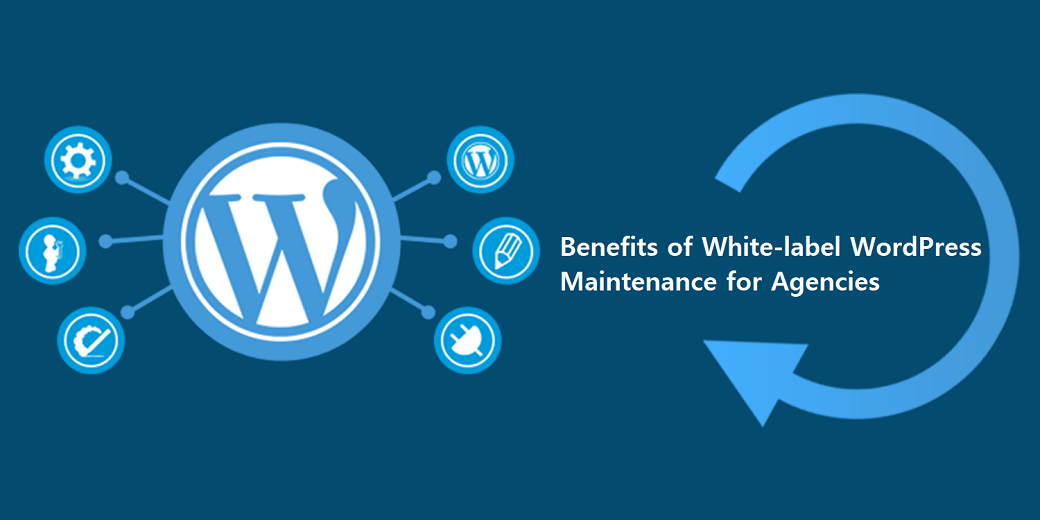
We use cookies and similar technologies that are necessary to operate the website. Additional cookies are used to perform analysis of website usage. please read our Privacy Policy
Latest Insights on Emerging Technology and Digital Transformation
A Startup Founder’s Guide to Hiring Software Engineers: Tech Talent Blueprint

The world is driven by technology, and companies thrive on high-performing teams. This makes it necessary to hire software engineers who are highly capable, passion-driven and up there to bring some change. As technology evolves rapidly, the demand for skilled software engineers has never been higher. Companies across industries recognize the importance of investing in Keep Reading…
Top 10 Java Development Companies in the Netherlands

In recent years, the Netherlands has witnessed a significant rise in the demand for Java development companies, with businesses across various industries leveraging Java’s power to create robust, scalable, and secure applications. Java, a versatile programming language known for its portability and performance, has become a preferred choice for companies looking to develop complex software Keep Reading…
Do You Need a Microsoft Dynamics CRM Developer? A Hiring Guide

Microsoft Dynamics 365 Customer Relationship Management (CRM) is a powerful tool that helps businesses manage interactions with customers, streamline sales processes, and boost overall efficiency. However, out-of-the-box Dynamics 365 might not always perfectly align with your specific business needs. This is where a Microsoft Dynamics CRM developer comes in. This blog post serves as a Keep Reading…
IoT in Construction: Benefits, Use-Cases & Application, Implementation

The construction industry is undergoing a digital revolution. While known for its traditional methods, embracing innovative technologies like the Internet of Things (IoT) is becoming a game-changer. IoT integration in construction sites holds immense potential to improve efficiency, safety, and overall project success. By using IoT devices and data analytics, construction companies can streamline operations, Keep Reading…
How to Build an AI Workout App?

In an era where technology shapes much of our daily lives, the realm of fitness has not been left untouched. The AI workout app development marks a significant evolution, offering enhanced workout efficiency, personalized coaching, and reduced injury risks. These applications leverage artificial intelligence to tailor fitness experiences to individual needs, transforming how we approach Keep Reading…
Top 10 React Native App Development Companies in UAE 2024

Now is the time, when it has become impossible to imagine your day or your business running without a mobile application. With the increasing demand for mobile apps, companies are turning to cross-platform development frameworks like React Native to build high-quality, cost-effective apps. React Native is an open-source mobile app development framework created by Facebook. Keep Reading…
Top 10 Benefits of White-label WordPress Maintenance for Agencies

Starting out with WordPress can be tough for a new agency and challenging to bring fresh clients and establish themselves as a brand. It’s essential to discover your unique way of doing things and proving quality service at more competitive rates than others. However, maintaining WordPress websites can be a time-consuming and resource-intensive task for Keep Reading…
Top 10 Education Software Development Companies in South Africa 2024

The education technology (EdTech) market is experiencing a significant boom, particularly in Africa, where innovative software development companies are leading the charge. As the demand for digital learning solutions grows, so does the need for cutting-edge software that can transform the education sector. Africa’s EdTech market is witnessing rapid growth due to several factors. The Keep Reading…
Building Real Time Applications with NodeJS: The Complete Guide

Node.js is highly regarded in web development as a JavaScript runtime engine, which means it can run JavaScript code outside of just web browsers. It operates on the Chrome V8 engine and has claimed the top spot among leading web frameworks, according to data from Statista. Recent statistics highlight Node.js’s popularity, with the 2023 Statista Keep Reading…
Gamification in Education: Benefits, Technologies & Strategies

In today’s digital age, traditional teaching methods are being reimagined to engage students in more effective ways. One such method gaining popularity is gamification in education. By integrating elements of games into the learning process, educators are finding innovative ways to make learning more enjoyable, interactive, and ultimately, more effective. Gamification in education has emerged Keep Reading…
Subscribe To Our Blog
Get The Latest Updates On Design, Development, And Technology Trends Right In Your Inbox.

